Sodium Hyaluronate is a water-soluble salt that’s derived from hyaluronic acid, which can be found naturally in the body. Like hyaluronic acid, sodium hyaluronate is incredibly hydrating, but this form can penetrate deeper into the skin and is more stable (meaning it will last longer)
Benefits of Sodium Hyaluronate for Skin
Sodium hyaluronate has incredible hydrating benefits that address a number of skin concerns caused by a lack of moisture in the skin.
- Combats skin dryness: As a humectant, it pulls in water from the air and helps to retain moisture to keep your skin hydrated and flake-free.
- Repairs a compromised moisture barrier: It’s essential for restoring and maintaining a healthy barrier to prevent trans epidermal water loss (TEWL), which can lead to inflammatory conditions.
- Improves signs of aging: Sodium hyaluronate works to replace lost moisture and hyaluronic acid naturally found in the skin that lessens with age.2 This added hydration, in turn, may smooth the texture created by fine lines and wrinkles.
- Improves breakout-prone skin: It could help your acne by rebalancing the skin if you are overly drying it with harsh exfoliants, cleansers, and treatments. It’s also generally considered to be non-comedogenic, which means it won’t clog pores.
- Plumps skin: Sodium hyaluronate provides structure and volume and can create temporary but instantaneous plumpness in the skin.
- Reduces wrinkles: Due to its ability to instantly plump the skin, sodium hyaluronate can help reduce wrinkles and fine lines.
- Leaves a non-greasy glow: It has a lightweight feel and imparts a dewy finish without leaving a thick, greasy residue.
What is the Difference Between Sodium Hyaluronate and Hyaluronic Acid?
- The main differences between sodium hyaluronate and hyaluronic acid is that the former is of smaller molecular weight and is water-soluble, allowing for deeper penetration and greater moisture retention.
- While both provide similar benefits, this difference in molecular weight results in different mechanisms of action: sodium hyaluronate works deep within the layers of skin to hydrate while hyaluronic acid’s larger molecular size rests on the surface skin, and protects from water loss. Both support collagen via increased water retention, which enables collagen to stretch without breaking.
- Another difference is that sodium hyaluronate is less susceptible to oxidation, therefore it’s more stable.
- Both are found within our skin care products and prized for their hydrating, plumping and anti -ageing benefits. For optimal results, you can also purchase skin care products that contain both sodium hyaluronate and hyaluronic acid; combined you can benefit from their individual characteristics.
Find Sodium Hyaluronate in products such as Serums and Moisturisers, to help plump and tone the skin.
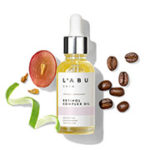
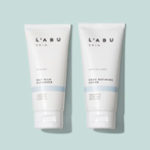

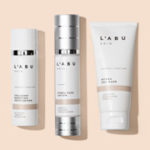
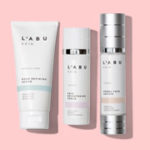
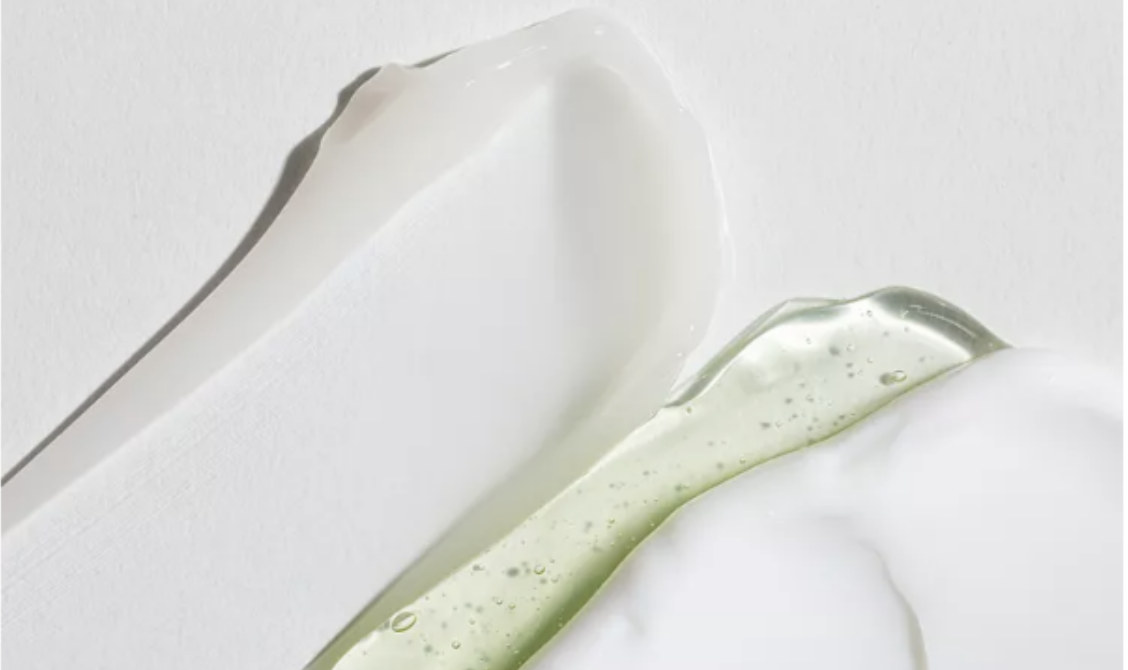

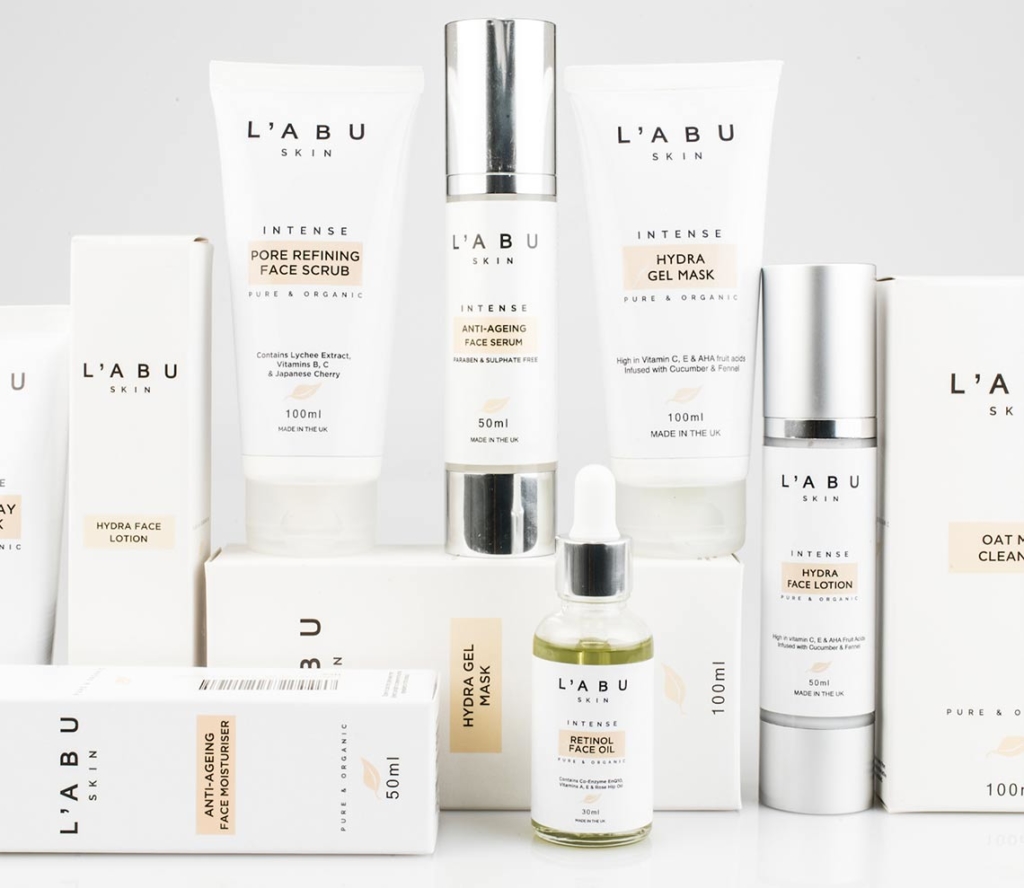

 SPEEDY SHIPPING
SPEEDY SHIPPING SAFE & Secure checkout
SAFE & Secure checkout